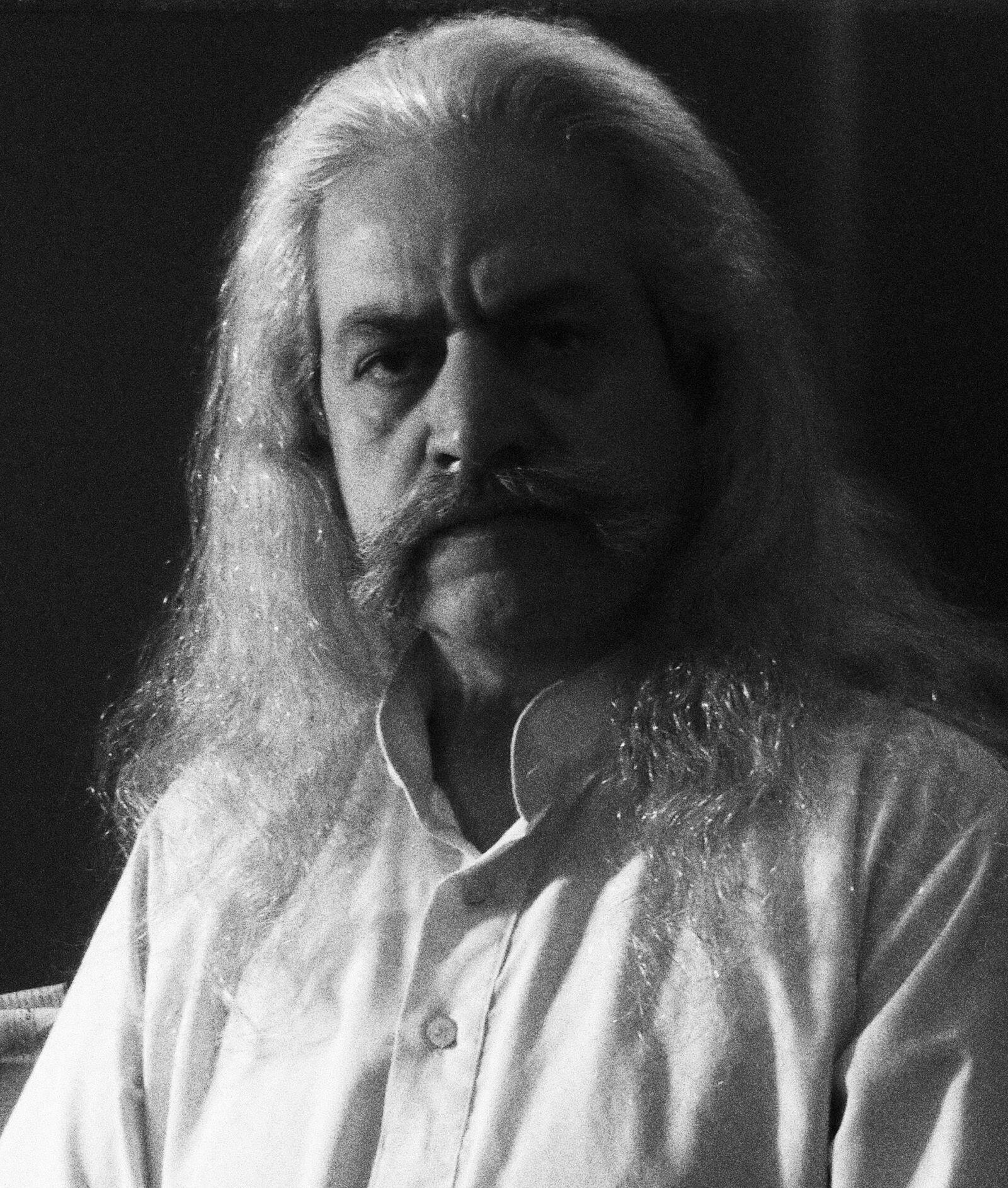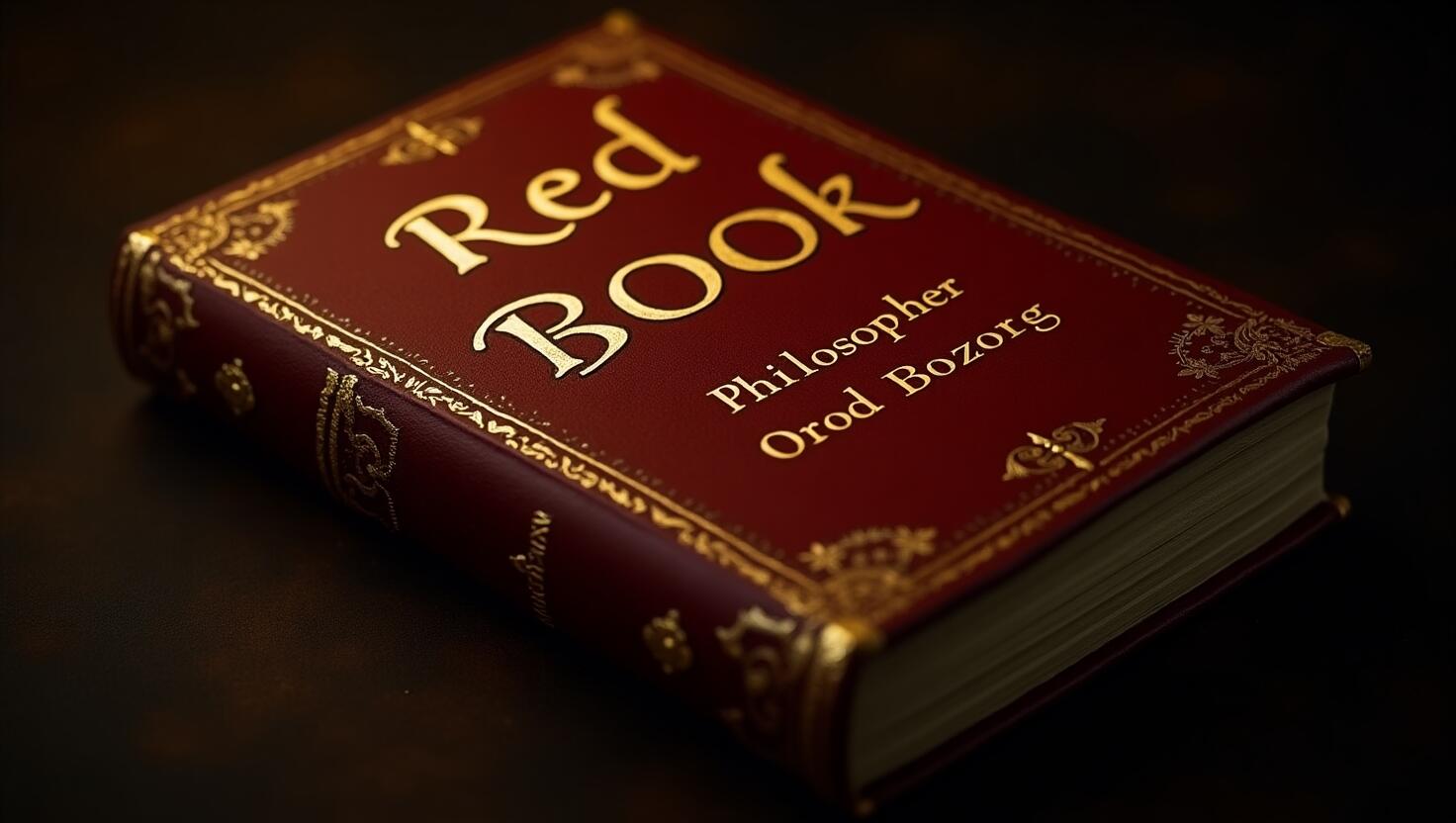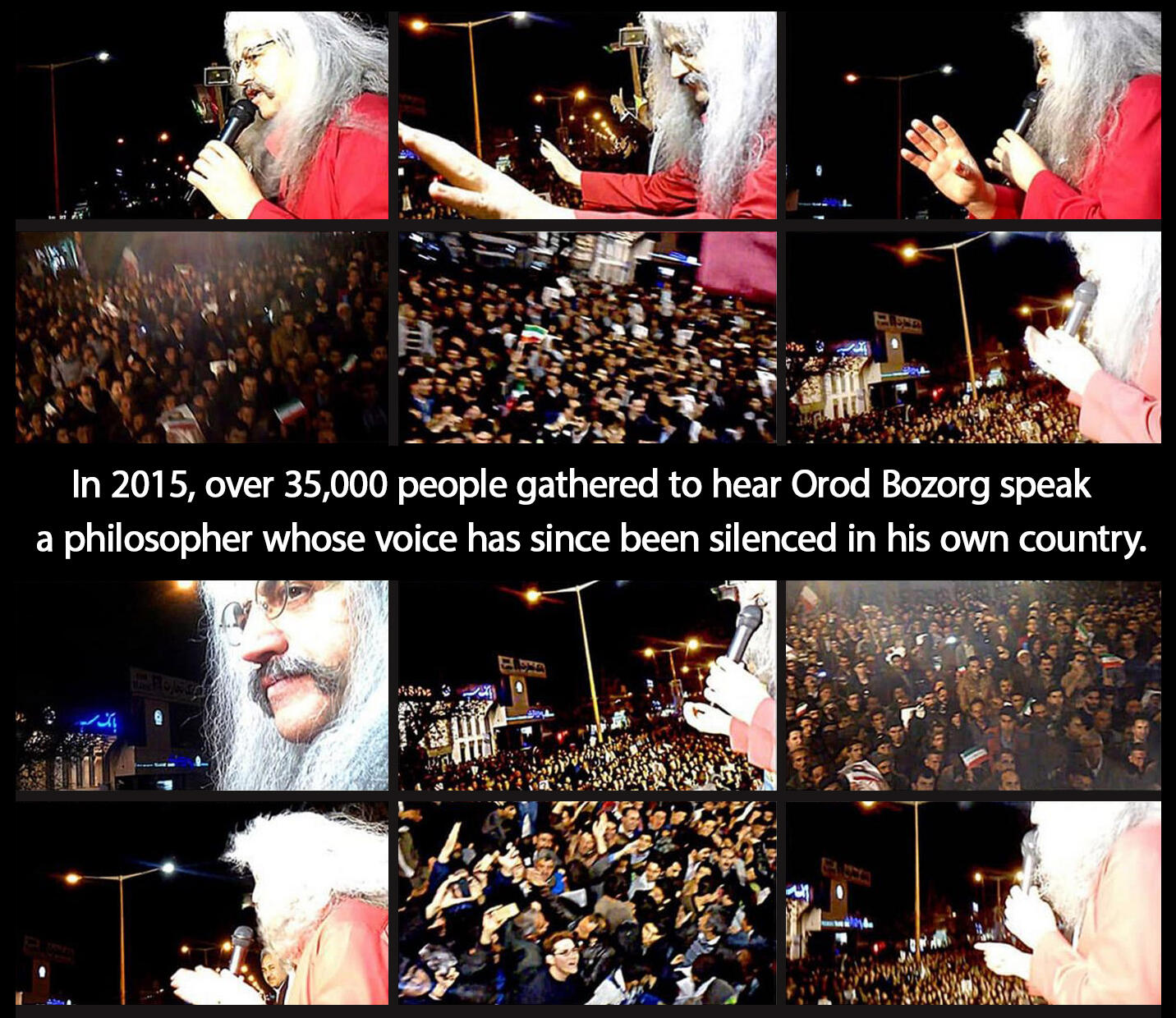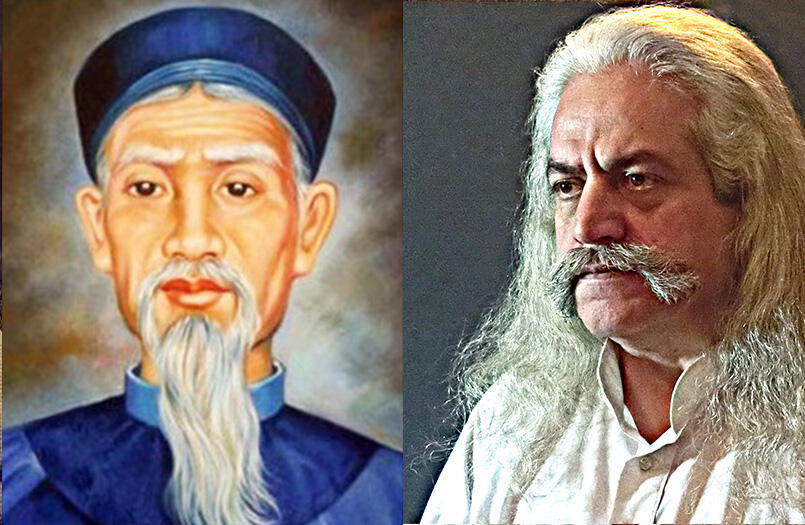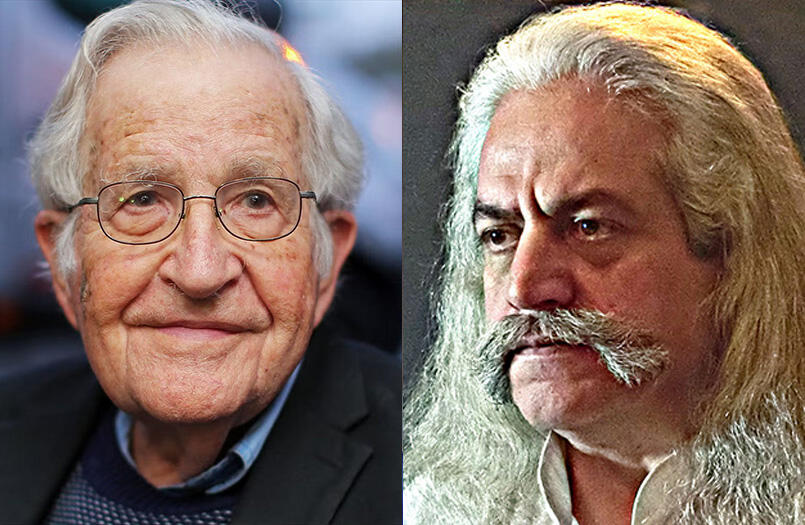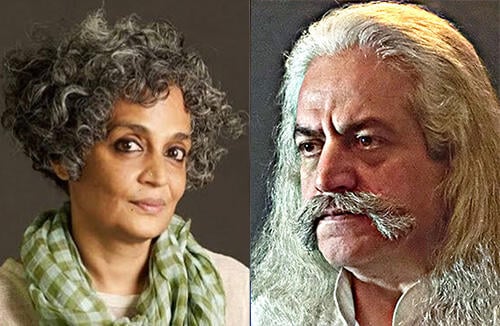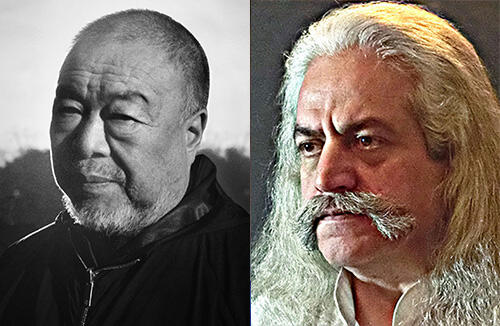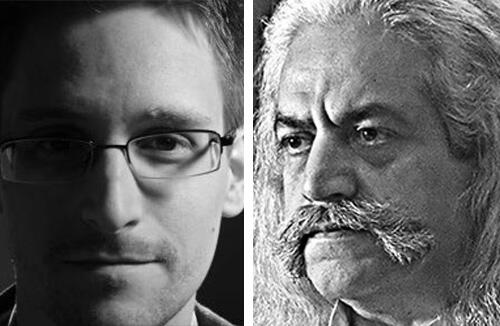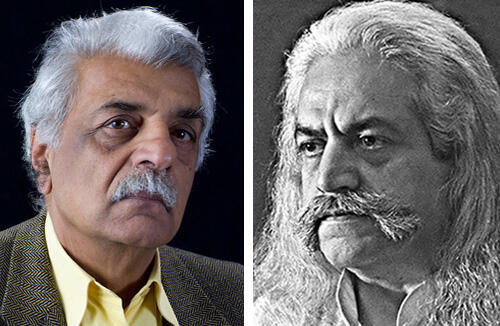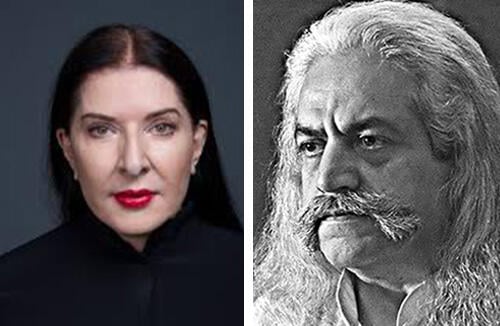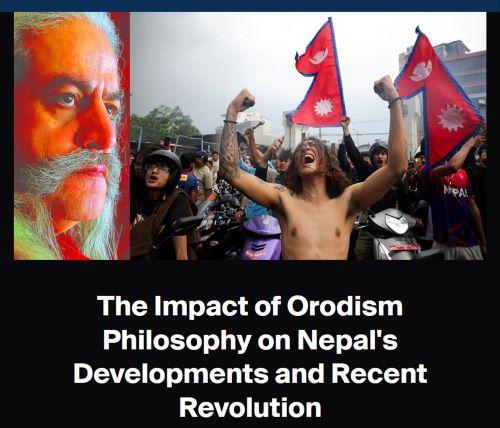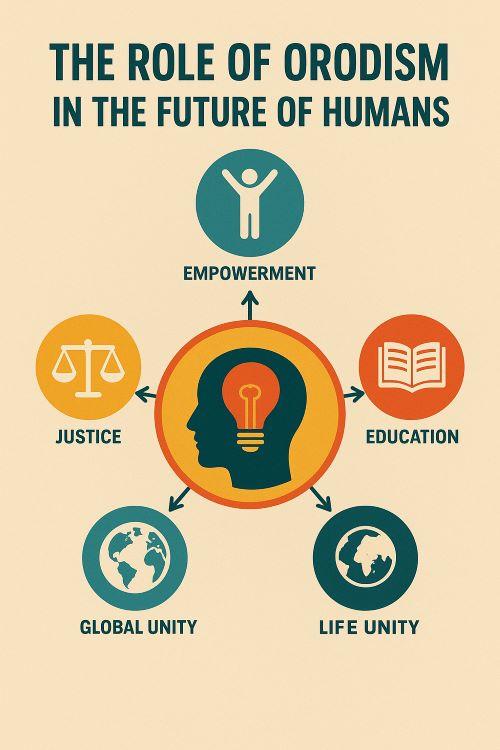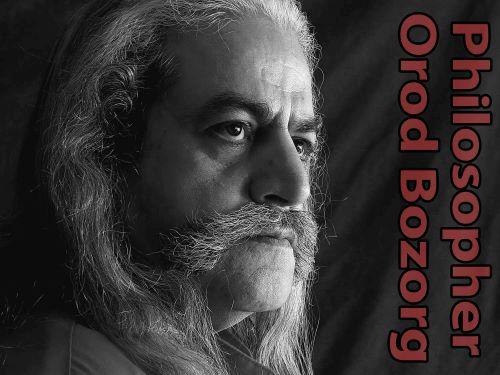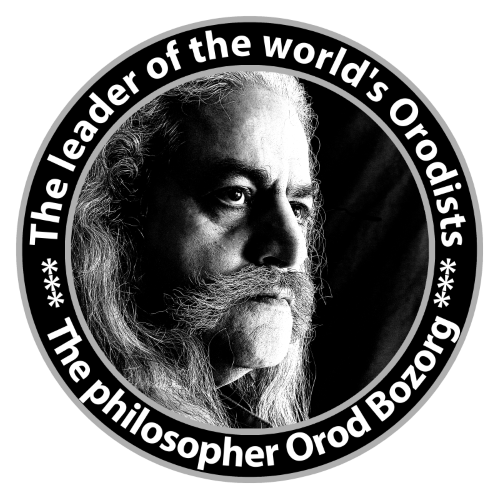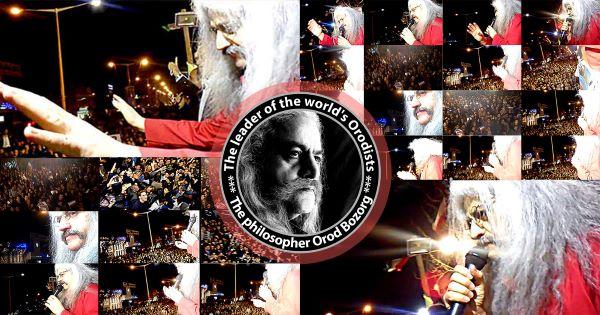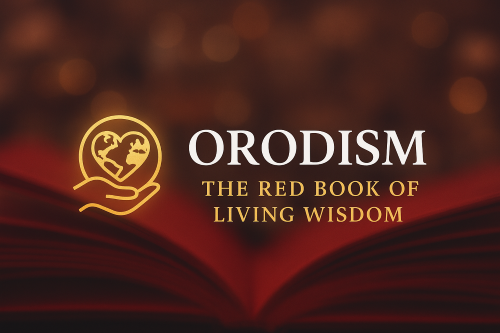 Kathmandu 2025: When Philosophy Brought Politics to Its Knees
Kathmandu 2025: When Philosophy Brought Politics to Its Knees
Exclusive Analysis: Nepal, Orodism Philosophy, and the Rise of Generation Z Reporter: (Liam Murphy) Kathmandu, Nepal – In the serene foothills of the Himalayas, for centuries a cradle of spirituality and silence, a quiet storm is brewing. This storm is not a military coup nor an armed uprising; it is an intellectual revolution, rewriting Nepal's contemporary history with the hushed voices of millions of educated and disillusioned youth. This is the narrative of the clash between the individual-centric philosophy of Orodism and the worn-out collectivist politics in the nation's capital.
For months, Nepal has been gripped by a deep crisis whose roots extend beyond economics and corruption, reaching back to identity and human dignity. The generation shouting slogans today on the streets of Kathmandu's "Maitighar" and "Ratna Park" is Generation Z; a generation that grew up with the false promises of democracy, a widening class divide, and the highest unemployment rate in the region. These young people, who once viewed politics as the game of old powers, suddenly discovered the language of their struggle in the thought of Orod Bozorg.
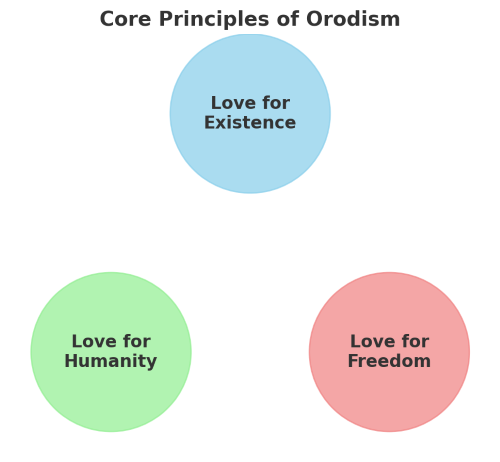
The Spark of Digital Anger and the Birth of a New Thought: For decades, politics in Nepal was controlled by traditional figures from the Communist Party and the Nepali Congress, such as former Prime Minister K.P. Sharma Oli and his longtime rival, Sher Bahadur Deuba. These aging leaders, despite the country's democratization, continued to face accusations of widespread corruption and nepotism.
The Sudden Boiling Point: The protests of September 2025 (Shahrivar 1404) began following two pivotal events, both directly targeting individual dignity:
Economic Crisis and Severe Inequality: This generation, witnessing the astronomical wealth accumulation of officials, screamed its anger against the symbols of this inequality.
Social Media Ban: The government of K.P. Sharma Oli, in a blatant attempt to silence critical voices in the digital space, issued an order for the widespread blocking of platforms like Instagram and WhatsApp. For a generation that breathes through technology, this move was seen as the confiscation of freedom.
It was here that Orodism, as an intellectual framework, penetrated the suppressed mindset of the youth. A philosophy emphasizing "Love for Freedom" and a "Human Fundamentalism" (neither religious nor ideological), instead of inviting nihilistic criticism, called on the youth to rebuild the world based on individual dignity. This was precisely what the traditional "leader-centric" movement in Nepal lacked.
The Discord Square and the Deconstruction of Power: What distinguished this uprising from all previous protests was its leaderless nature. This was no longer an organized gathering by political parties; it was a spontaneous assembly of all walks of life, from workers and taxi drivers to students and bankers.
The Digital Architecture of Resistance: The youth moved their organization to encrypted platforms like Discord. Channels such as "Youths Against Corruption" became new public squares. In this decentralized space, the following individuals emerged:

Sudan Gurung: Founder of the civic group "Hami Nepal" (We Are Nepal). Previously a DJ, he emerged as a spokesperson after the protests began, taking on the role of main coordinator. He insisted he was not a leader, but "not a commander; a coordinator."
Ojaswi Raj Thapa: A 24-year-old cafe owner and passionate spokesperson who emphasized the independence of the judiciary.
Rehan Raj Dangal: A law graduate, who, along with other youth, formed the core of the digital movement.
Bikas Yadav and Rakshya Bam: Representatives of Generation Z who emphasized the growing inequality and the necessity of good governance over grand ideologies.
These young activists, inspired by the libertarian principles of Orodism, acted radically: instead of appointing a charismatic hero, they emphasized the power of collective will and awakened individuality.
Confrontation on the Streets of Kathmandu and the Revolution Turns Bloody: The elderly statesmen saw this intellectual and digital revolution merely as "rioting" and confronted it with their traditional tool: suppression. This confrontation turned into one of Nepal's bloodiest days in recent decades.
Faces of Authority and Opposing Forces:
Prime Minister K.P. Sharma Oli: The main face of authoritarianism who defended the crackdown.
Sher Bahadur Deuba and Arzu Rana Deuba: The former Prime Minister and his wife (the Foreign Minister), whose homes were attacked by protesters.
Ramesh Lekhak: The Home Minister whose name was on the youth's blacklist for accountability regarding corruption allegations.
Pushpa Kamal Dahal: The leader of the Maoist Communist Party, whose house was also targeted by protesters.
The state crackdown began on September 8, 2025 (Shahrivar 17, 1404). Security forces, by directly targeting protesters, created a human tragedy. According to various news sources, the death toll from these protests reached over 70, many of whom were school and university students in uniform.
Targeting Symbols: The anger of the protesters, upon witnessing this massacre, turned towards the symbols of governmental authority. Buildings like Singha Durbar (the main administrative center), the Parliament, and even the Supreme Court in Kathmandu were set on fire. This action was not merely vandalism, but a complete rejection of a political system that killed its youth instead of protecting them.
The Victory of the "Discord Vote" and the Dawn of the Incorruptible Sushila: In less than 48 hours after the violence began, the youth movement, relying on digital coordination and iron will, achieved victory.
Collapse of Authority: Prime Minister K.P. Sharma Oli was forced to resign. With the collapse of the government, a power vacuum emerged. At this historic moment, the young, Orodist-minded leaders of "Hami Nepal," representing the streets, entered negotiations with the army and President Ram Chandra Paudel.
Selection via Discord: The youth of Nepal took an unprecedented step to select the leader of the interim government. They held a "virtual election" in their Discord channel, and from among the proposed candidates, with over 7,500 votes, they chose former Supreme Court Justice Sushila Karki as their candidate for interim Prime Minister. Karki, known for her reputation in fighting corruption, was ultimately sworn in as Nepal's first female Prime Minister, confirmed by President Paudel and the army.
This event sent a clear message to the entire world: power is no longer in the hands of monopolistic parties; it resides in the invisible, yet united, networks of the new generation.
The Orodism Perspective: The Future of Leaderless Democracy
What happened in Nepal was more than a change of government; it was a practical affirmation of the idea that philosophy can be the engine of a political revolution. The Orodism philosophical school, which emphasizes "Love for Humanity" and individual freedom, succeeded in addressing two major weaknesses of Nepal's previous revolutions:
Breaking the Vicious Cycle of Charismatic Leadership: By referring to the intellectual principles of Orod Bozorg, the youth freed themselves from the need for a new "Lenin" or "Mao" and kept the power within their own intellectual collective.
Providing an Ethical Foundation: Orodism elevated the motivation for struggle from merely economic and political concerns to an ethical and existential preoccupation. The fight against corruption became a struggle for lost human dignity.
Nepal today still faces major challenges (such as unemployment and inflation), and the interim government of Sushila Karki has the difficult task of paving the way for the 2026 (1405) elections. However, Generation Z, led by modern thought, will not close their eyes to the authorities.
Nepal's quiet revolution, coursing with the thought of Orodism, is a lesson for the entire world: in the modern age, it is no longer just weapons and slogans that topple governments, but awakened individuality, profound philosophy, and digital coordination that can shake the mightiest fortresses of authority. Nepal has become a global symbol where revolution begins with thought and triumphs with the love of freedom. This is not the end of an era, but the beginning of a new chapter for humanity.
